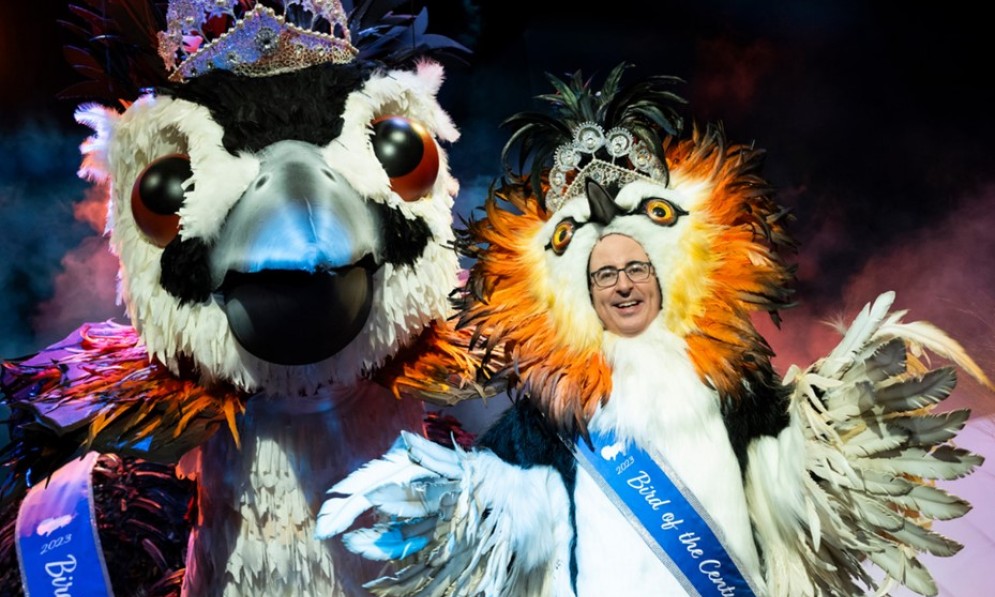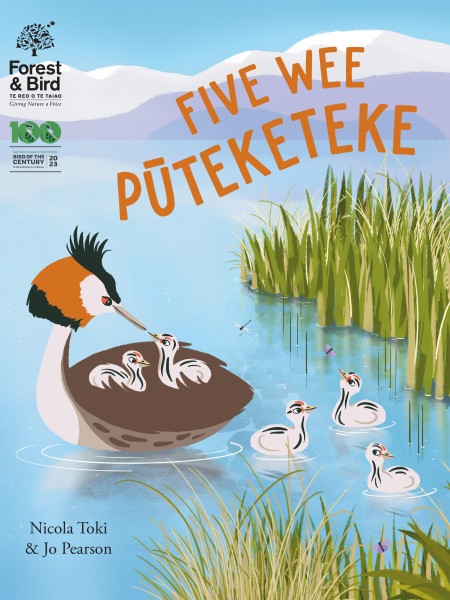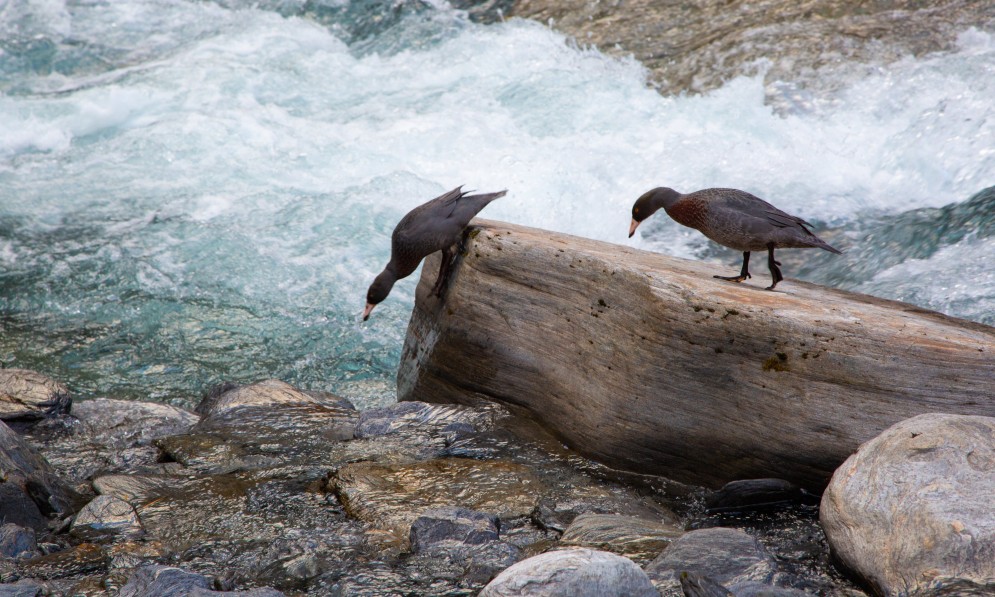Why do New Zealanders love their birds so much? Lynn Freeman reports.
Forest & Bird magazine
A version of this story was first published in the Winter 2024 issue of Forest & Bird magazine.
Bird of the Year Te Manu Rongonui o te Tau returns in September 2024, and this year the only controversy might be the lack of controversy.
No US talk show hosts, no pekapeka, and no kicking out the kākāpō – this year, the competition is returning to its grassroots origins. It’s all about how we, as Kiwis, identify with our manu.
The theme was inspired by a question we asked last year’s voters: Could you tell us why you voted for your top 5?
Of the more than 532,000 (unverified) votes that poured in, around half included explanations. People from all walks of life and from all over the world shared their stories. These ranged from the heartfelt, poignant, and profound through to the funny, weird, and, frankly, unprintable.
Birdsong, beautiful plumage, and significance in te ao Māori were popular reasons. “The world wouldn’t feel the same without a kōkako call,” said Rewi.
“Cute” was perhaps the most common adjective mentioned, but Benjamin took it to a whole new level: “The takahē is the cutest little guy. What a tubby boi. A real chongus. A beefy bird. The bluest berry.”
Others focused on the personality of their picks. Nic was unequivocal: “Pīwakawaka is the friendliest bird in the world.” The charisma of kea also proved popular: “You just can’t beat a kea for sheer audacity and comedic timing. Bloody little ratbags. I think they’re great,” Sarah told us.
Many answers revealed how birds connect us with each other. Isabel wrote, “I always vote albatross in memory of my late father and a spirited argument – that became a family joke – about the wingspan of an albatross. Weka is my second vote because of the time a weka bit my mother on the bum while she was sunbathing.”
Taylor spoke for thousands of New Zealanders whose favourite bird would ultimately come in second: “Kiwi, I am a kiwi! It’s our national bird. A no brainer! You beauty!”

John Oliver wins Bird of the Century. Image courtesy HBO
Some people voted for birds in serious trouble who need support, like the tūturiwhatu southern New Zealand dotterel, which numbers just 101 individuals. “Tūturiwhatu southern New Zealand dotterel is falling far too close to extinction, and still many people don’t know that there is a southern species, which is heartbreaking. I hope that this competition can shed light on this amazing bird and give it the recognition it deserves. Maybe with that recognition a way can be found to save this species,” said Bekki.
Others found inspiration in species that have featured in conservation success stories. Victoria remembered reading in a school journal as a kid in the 1980s about how few karure North Island black robins remained. “For them to fight to hang on to survival of the species is incredible. I hope we never lose them,” she wrote.
We were encouraged to see many voters helping the birds they love with on-the-ground conservation action, like Grant, whose number one bird was the critically endangered kakī black stilt. “I have spent the last 25+ years on vegetation control on the Tasman River and other rivers, protecting these little magic birds.”
Others voted for birds found closer to home, in their backyards, like Jim from the Bay of Islands, who shares his property with a pair of moho pererū banded rails, and Sarah, who praised her resident riroriro. “The grey warbler sings every day in my garden – beautiful, lifts my spirits.”
There was quite the selection of tales from people who were “persuaded to” vote by parents, siblings, partners, teachers, and, of course, TV show hosts.
Thousands of people wrote that John Oliver made them vote for the pūteketeke. Jay took it to the next level: “John Oliver threatened me and my family. We are locked in the basement of 1312 Potomac Street in Virginia, USA. Please hurry.”

Persuaded voters didn’t seem to mind, but ultimately it was love that shone through the most. “My partner and I would love to be reincarnated as toroa albatross and spend another lifetime together,” Mikayla shared.
Voting for Bird of the Year will open on 2 September, with the winner announced on 16 September.
In the meantime, check out Five Wee Pūteketeke by Forest & Bird chief executive Nicola Toki, with illustrations by Jo Pearson (RRP $22.99). This charming new picture book for children and their parents is dedicated to last year’s Bird of the Century. The publisher is donating $1 per book sold to Forest & Bird.
We are looking for campaign managers for the 2024 competition.
Find out more and apply.
⏎

